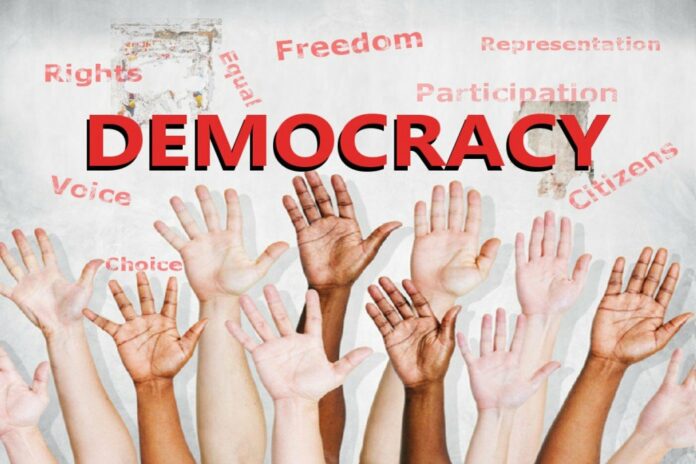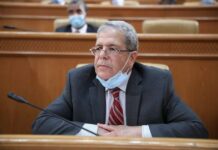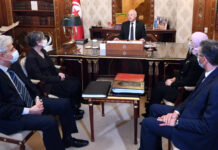We are still in the process of analyzing the elements of political management, drawing lessons, and raising questions about democracy, the “democratic transitional path”, “post-democracy” and the parliamentary system.
The significance of the Islamists’ experience in governance and the efficacy of the legal approach have proven once again that drafting the constitution and pioneering legislation are not sufficient to manage the stage.
It has become clear to Tunisians today, that the gap between the articles contained in the constitution and the legislation drafted during these years is widening day after day, and that the policies that each government claims to have formulated are either unenforceable or disrupted by an “active act”, which makes it necessary to ask the question about Political will.
So what does the absence of political will mean? What does it mean to have political will?
It is the will as a determination to act and audacity to take a decision in a timely manner, and adherence to independence of opinion without being subjected to pressure lobbies and professionals of blackmail or threats, that allows the political official to transform the normative values and major principles stated in the legal texts into practices in real life capable of changing mindsets and attitudes. The more citizens are convinced that the law applies to everyone regardless of their political position and party, class or regional affiliation… the more they respect it and adhere to the “state of law,” thus turning the law into a culture.
The more the official invokes the spirit of the constitution and the principles of legislation and has a real will to commit to applying the law to everyone without exception, the more he excels in governance, immunizes himself, and prepares to face accountability. It is free will that makes the official become the master of himself and better able to withstand the temptation of power or threats, and not hesitate to bear the consequences of his decisions, so he takes the decision to resign, at the crucial moment, and his exit from power will be honorable, and hence people will respect him and appreciate his resistance to attempts to manipulate the laws, fraud and evasion of the law.
It is the availability of political awareness and political will that allows the politician to understand the “pulse of the street,” understand the demands raised by social movements, and align the political will with the popular will. The more the politician insists on the will to understand crises and search for solutions, trust is restored between citizens and politicians, and listening and dialogue outside the logic of clash and conflict of wills becomes possible.
The sagacity of the politician is what makes him embody the common will, not the will of the elites, and distance himself from being involved in discriminatory practices that affect the provision of vaccines to ministers, officials and the capable at the expense of the needy and the sick, which explains the joy of Tunisians on August 8 and their ability to embody social solidarity through volunteerism and sacrifice away from the calculations of “politicization,” which explains the ability of Tunisians to transform a “normal” event into a celebration of the right to life, dream and restoring hope.
Perhaps the lesson learned is that those who portrayed to us that the reality is complex and that there is no possibility of reform and that there are no resources that would allow us to get out of the “lean years,” and those who deluded us that it is difficult to confront those loyal to the external will and that there is no solution except through demolition, have lacked the real will to act in reality in order to change it. And they never trusted the abilities of Tunisians, and they were not able to turn “if the people ever wanted life” into a basic principle that guides political action, making the political will parallel with the people’s will to carve features of a dignified life in which the state guarantees the rights of everyone regardless of their positions, privileges and affiliations.
If the politician has the right to celebrate his ability to impose political will, and his determination to change reality and restore the values of social solidarity, volunteerism, love, caring for the elderly, and embodying the civic will, then he has no right to be driven by the desire to employ this will to gain points against opponents or in political propaganda. Nor does he have the right to be drawn to populism, as there is a difference between the patriotic popular will and the political will adapted to populism.
Written by: Amel Grami
Trans. Bechir Moussa
Amel Grami is a Tunisian scholar and Islamologist specializing in civilization, gender and women’s rights.











